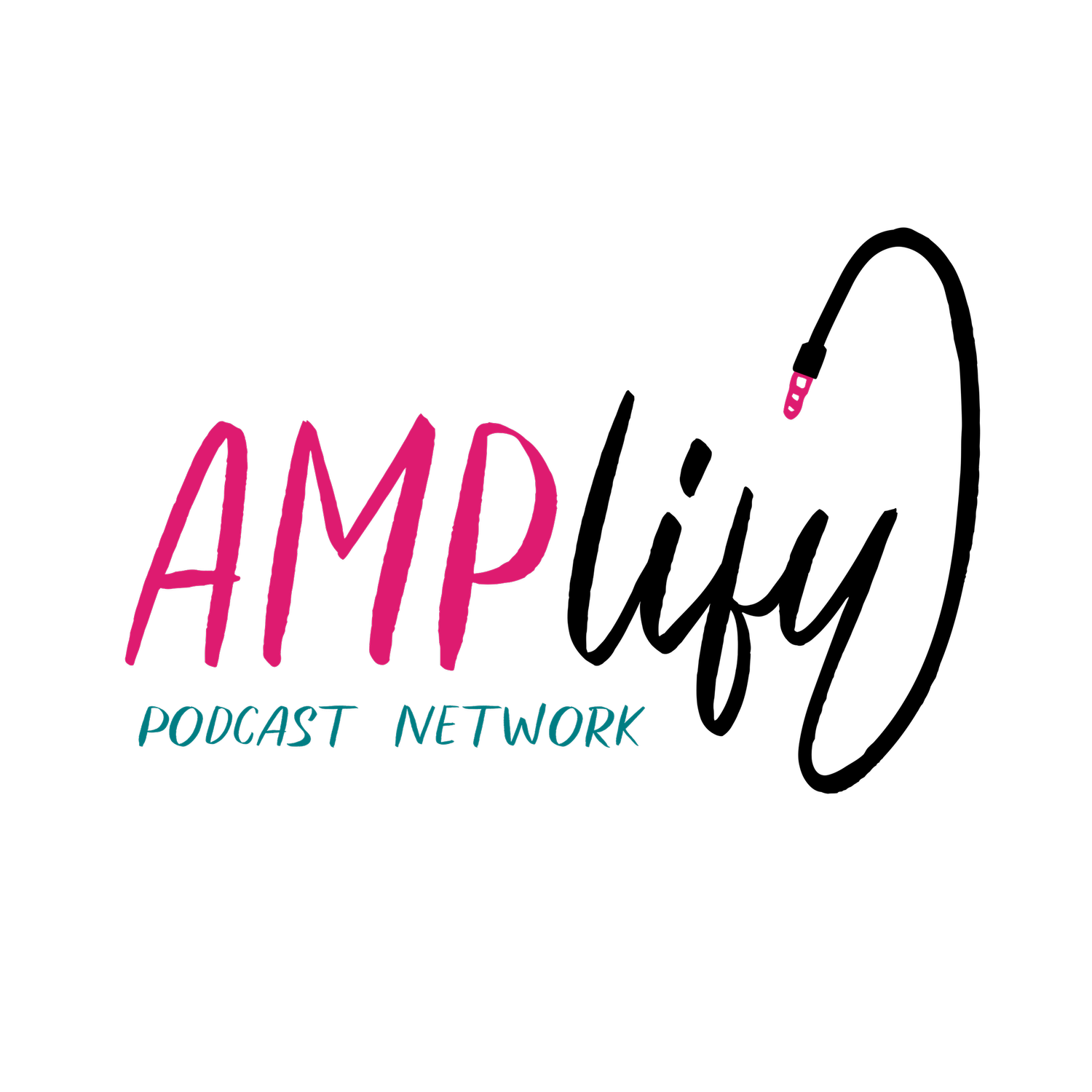About Us
About Us
The Amplify Podcast Network is on a mission to revolutionize scholarship and to create communities of support for podcasters who want to change the world.
Amplify is home to creative soundworks rooted in serious scholarship, where accessible, sustainable preservation and publication are central to our work. Amplify supports the creation of scholarship that contributes to collective, public knowledge, born of research across the disciplines and interdisciplines of the humanities and social sciences, with a focus on anti-racism, feminist social justice, and community-building. Amplify podcasts explicitly or implicitly engage with the question of what constitutes scholarship by pushing at boundaries, whether they are formal, methodological, theoretical, or otherwise.
The SSHRC-funded Amplify Podcast Network aims to encourage collaboration and experimentation via the medium of scholarly podcasting. We’re committed to building the capacity for new forms of scholarship by building the infrastructure that will support that scholarship. Read up on our mission & mandate or learn more about our team below.
Institutional and Affiliated Partners
In addition to our team above, we have also partnered with organizations within and beyond academia, including SFU’s School of Publishing, the Digital Humanities Innovation Lab, Wilfrid Laurier University Press, Wilfrid Laurier University Library, and the DOXA Documentary Media Society. Past and current team members across these partnerships include Lisa Quinn of WLUP, Maia Desjardins of WLUL/WLUP, Murray Tong and Lindsey Hunnewell of WLUP, Michael Joyce formerly of DHIL, Alison Moore of DHIL, Joey Takeda and Andrew Gardner of DHIL, Selina Crammond formerly of DOXA, Sarah Bakke and Sharon Bradley of DOXA, among many others. This work would not be possible without our many partners and collaborators
Our Mission
The Amplify Podcast Network encourages collaboration and experimentation via the medium of scholarly podcasting, with a focus on podcasts committed to anti-racism, feminist social justice, and community-building. We’re committed to supporting the creation of new scholarly podcasts, while also building the infrastructure that will support them, from new peer review processes to digital preservation tools to open access guides to making your own podcast.
Amplify represents scholarship that contributes to collective, public knowledge, born of research across the many disciplines and interdisciplines that constitute humanities and social sciences research. Our podcasts explicitly or implicitly engage with the question of what constitutes scholarship by pushing at boundaries, whether they are formal, methodological, theoretical, or otherwise.
Ready to hear more? Listen in on what we’re up to in the Amplified audio blog series!
Our Mandate
The Amplify Podcast Network consists of two streams: Resonate and Sustain. Both celebrate the boundary-pushing potential of scholarly podcasting, but have different approaches and relationships to peer review.
Resonate podcasts published under the imprint of WLU Press, such as Secret Feminist Agenda and Community of Praxis, have undergone a formal Press peer review, conducted in the Amplify spirit of collaboration and experimentation. Sustain podcasts exemplify the same commitment to the principles of Amplify and to the contribution of new knowledge but do not undergo a formal peer review process. Podcasts are selected by the Amplify editorial board for inclusion based on our guiding values: commitment to critical pedagogy and open scholarship.
Open Scholarship encompasses the many efforts within academia to foster “openness” through Accessibility, Transparency, and Inclusivity. This movement toward Open Access, Open Education, Open Data, and Open Science is grounded in the values of community-building and connection within and beyond academia.
Critical Pedagogy is rooted in our mission toward anti-racism and feminist social justice and inspires critical thinking toward social change through critique of power structures and culture. Critical pedagogy is a teaching philosophy we see applied as an approach to public knowledge sharing and/or a critical approach to academia itself.

